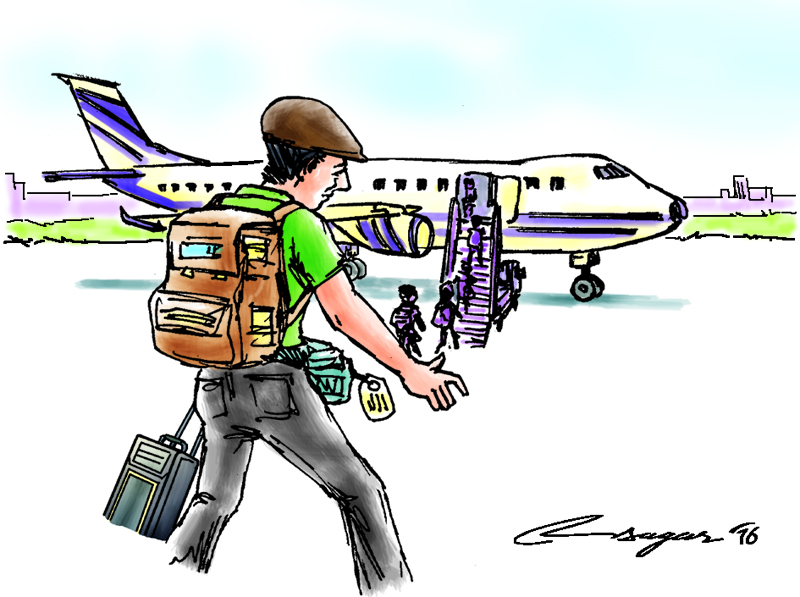WHO calls for focus on migrant health
Kathmandu, September 8
One in seven people globally is a migrant, refugee or an internally displaced person. Countries across South-East Asia Region, including Nepal, host to large migrant populations,WHO today called for focused attention to address their health needs.
“Disease is universal and transcends borders and nation states. As health leaders, we must tackle the health problems that affect migrant populations.
We need to construct better information systems to collect data on the health issues of migrants; institute policy and legal frameworks that facilitate greater health care access; and create inclusive health systems sensitive to the needs of migrants,” Dr Poonam Khetrapal Singh, regional director, WHO South-East Asia, said in Colombo, Sri Lanka during WHO Regional Committee meeting today.
Health and migration are key concerns of member countries across the region, with Thailand, India, Bangladesh and Indonesia named among the top ten countries witnessing large movements of people in Asia.
Migration poses greater risk and vulnerability to infectious diseases, mental health disorders, maternal and neonatal mortality, substance use, alcoholism, malnutrition, violence and non-communicable diseases.
“As migration continues to accelerate at unprecedented levels, we are presented with an opportunity to come together to ensure that migrants are able to access adequate health coverage,” Dr Khetrapal Singh said.
Mobile populations pose additional challenges to countries often already struggling to cope with day-to-day demands on their health care systems. Migrants also encounter obstacles to accessing quality health care, as provision of health services is contingent on their legal and administrative status.
At the WHO Regional Committee meeting here, member countries shared experiences in addressing this growing regional issue, including the potential of infectious disease and antimicrobial resistance spread.
Additional concerns raised and discussed included the fact that mobile and migrant populations are uniquely vulnerable to contracting malaria.
In February 2016, five South-East Region member countries – Bangladesh, Bhutan, India, Myanmar and Nepal – came together to enhance cross-border collaboration on malaria elimination efforts.






